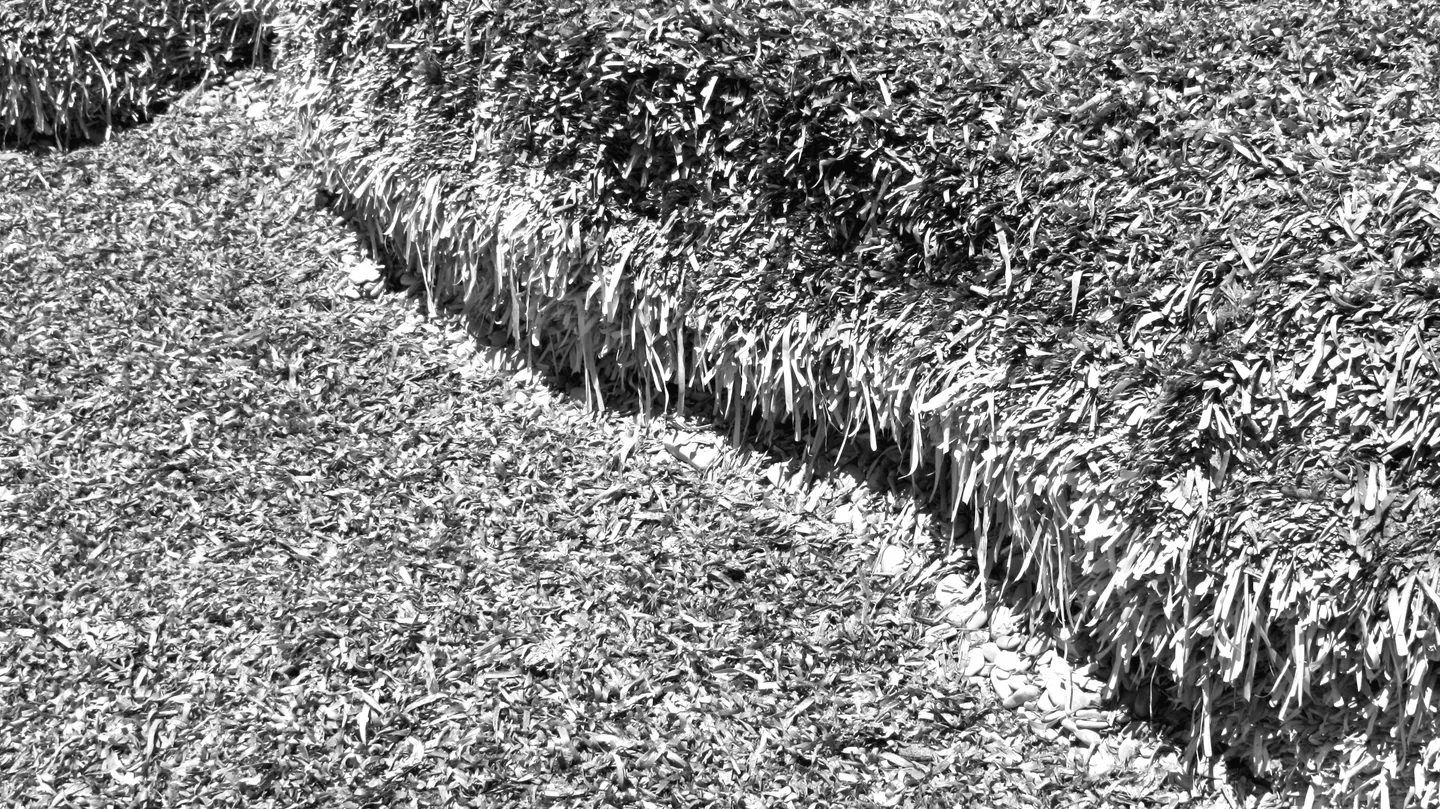
Dobra voda
About artwork
Provenance
Tech info
About
Dobra voda is a small bay on the island of Silba. A remote beach is situated an hours walking distance from the only village on the island. This mystical and completely secluded place was once a summer commune, gathering creative minds from Yugoslavia but also from all over Europe. A versatile art scene emerged, the one that preceded Ljubljana's alternative theatre scene, Rijeka's new wave and some of the most influential ex-Yu alternative bands; "[...] The music was coming from every single bush: violins, cellos, saxophones, trumpets, and, of course, mostly guitars [...]." I visited Dobre vode on a few occasions, but this particular time I wanted to record a sonic palimpsest, built from water memories and other environmental simulacra of this magical little bay. I recorded with hydrophones from various angles, listened to the interplay between water and salt and different geological formations. The movement of the pebbles from the sea bed, water sliding down the rocks and crevices, burying my "ears" under the sea bed but also inside the enormous piles of dry Posidonia oceanica, commonly known as Neptune grass or Mediterranean tapeweed, a seagrass species that is endemic to the Mediterranean Sea. It forms large underwater meadows that are an important part of the ecosystem. The Posidonia has a very high carbon absorption capacity, being able to soak up 15 times more carbon dioxide every year than a similar-sized piece of the Amazon rainforest. Dobra voda bay is positioned to accumulate dry Posidonia once it is washed ashore. It is absolutely impossible to be still in those clouds of dry seaweed and be completely silent. Even so, I tried. The sound piece is a mix of 16 chosen recordings placed in a dronesque metaphor of passing time.





























